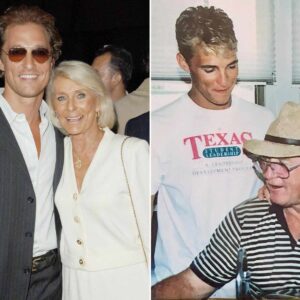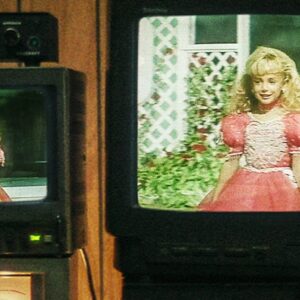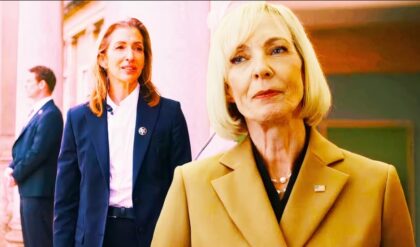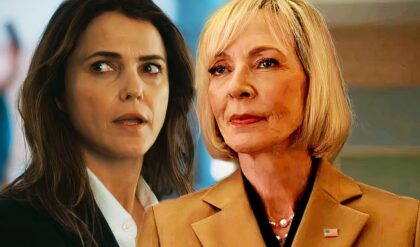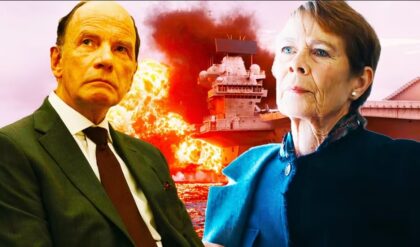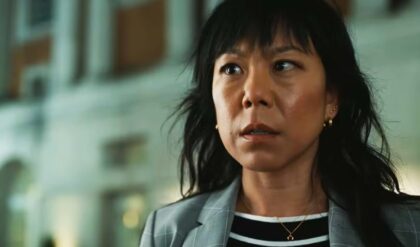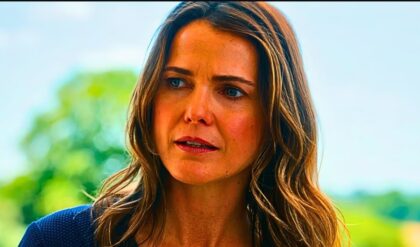Jodie Foster, an iconic figure in Hollywood, recently discussed the evolving landscape for women directors in the film industry. During an interview at Sundance Studio, Foster reflected on Warner Bros.’ support for Greta Gerwig’s blockbuster “Barbie” as a transformative moment for women in filmmaking.

A Groundbreaking Moment for Women Directors
Foster, whose career spans from the 1960s to the present, emphasized the significance of Warner Bros.’ decision to entrust Gerwig with a high-stakes project like “Barbie.” She noted that this level of support and confidence from a major studio was unprecedented for female directors. “They gave Greta Gerwig, who had primarily worked on independent films, the keys to the kingdom and supported her with the necessary resources,” Foster remarked. This move, she believes, signifies a new era for women in the industry, showcasing that studios are willing to invest in and champion female talent on a large scale.
Challenges and Progress in Representation
Foster also discussed the broader context of representation in Hollywood. While there has been progress, she pointed out that it is not enough to merely have diverse faces on screen. True representation involves centering stories from marginalized perspectives, such as those of Native American voices, and ensuring that these narratives are told authentically. She mentioned her upcoming show, “True Detective,” as an example of advancing this cause by addressing Native issues from a native perspective.
The Role of Friendship and Community
A central theme in the discussion was the power of community and friendship in overcoming despair. Alo, a subject of the documentary, emphasized the importance of addressing existential crises through collective vulnerability and conversation. “Friendship is the antidote to despair,” Alo stated, advocating for open dialogue about shared fears and grief as a means to foster connection and drive societal change.
Fashion as Self-Celebration
On a lighter note, the conversation touched on fashion as a form of self-celebration. Alo encouraged using fashion as a tool for personal motivation rather than dressing up for others. This sentiment was echoed by Foster, who credited Alo with bringing more color and boldness into her wardrobe, symbolizing a broader acceptance and expression of individuality.
The Future of Storytelling
Looking ahead, Foster and her colleagues expressed excitement about the future of storytelling, particularly through new mediums like audio. Alo highlighted the potential of contemporary poetry to become more mainstream, hoping for a resurgence in its popularity akin to rock stars. This vision aligns with the ongoing expansion of platforms like Audible, which aim to diversify and democratize access to powerful narratives.
Conclusion
Jodie Foster’s reflections underscore a pivotal moment in Hollywood’s journey toward greater inclusivity and support for women directors. The success of “Barbie” under Greta Gerwig’s direction exemplifies the potential for major studios to drive meaningful change. As the industry continues to evolve, fostering authentic representation and community-driven narratives will be crucial in shaping a more equitable and vibrant cinematic landscape.
News
*That’s* How They’re Writing Him Off?!? Blue Bloods’ Final Season Sets the Stage For Danny’s Devastating End
Credit: Getty Images All products and services featured are independently chosen by editors. However, Soaps.com may receive a commission on orders placed through its retail links, and the retailer may receive certain auditable data for accounting purposes. With only five more…
Matthew McConaughey honors his late father James with throwback photo: ‘Made men fathers’
Matthew McConaughey took to social media on Sunday to acknowledge Father’s Day. The 52-year-old actor shared a throwback photo with several older men and wrote: ‘made men fathers. #fathersday.’ His dad, James Donald McConaughey, passed away in 1992 when the star…
Who Killed JonBenét Ramsey? Reexamines One of the Biggest Cold Cases in History
On Dec. 26, 1996, John and Patsy Ramsey awoke to a nightmare. Their youngest child, 6-year-old JonBenét Ramsey, was missing, with a chilling ransom note left behind. The day took a devastating turn when John Ramsey discovered JonBenét’s lifeless body…
Allison Janney Says She ‘Threw the Script Across the Room’ for The Diplomat Season 2 Finale
Allison Janney. Photo: Gilbert Flores/Variety via Getty Allison Janney is revealing how she reacted to seeing one specific script for The Diplomat. During an appearance on Jimmy Kimmel Live! on Nov. 4, Janney, 64, explained that when she first read the script for the political thriller’s season…
Inside The Lincoln Lawyer cast’s real-life romances: Manuel Garcia-Rulfo, Neve Campbell, Becki Newton and more
The Lincoln Lawyer promises plenty of drama both in the courtroom and out but offscreen the stars of the show live regular lives with their loved ones. The romantic complexities on the legal Netflix series aren’t reflected in their real-life…
The Ending of ‘The Diplomat’ Season 2, Explained: Breaking Down Who Planned the Attack and the Shocking Death
(Image credit: Courtesy of Netflix) Season 2 of Netflix’s political thriller The Diplomat begins with a bang—literally. Created by The West Wing alum Debora Cahn and starring Keri Russell, the series follows the titular diplomat Kate Wyler (Russell) as she’s appointed ambassador to the United…
End of content
No more pages to load

